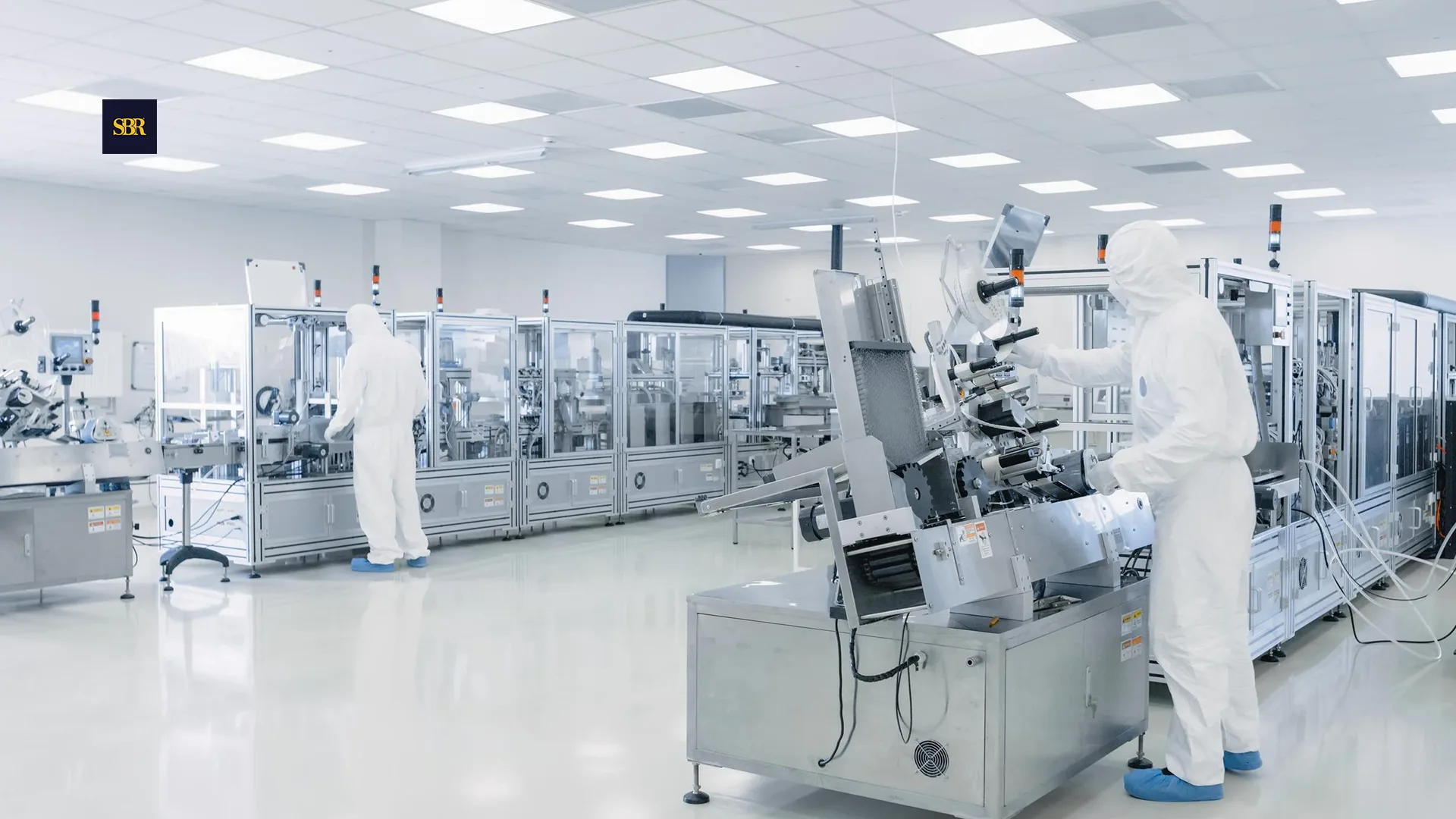WASHINGTON, July 21, 2025 — Vehicle recalls in the US doubled in the second quarter of the current fiscal year, to a total of 7.3 million cars.
As per BizzyCar’s Q2 2025 Recall Report, it is the highest recall total for a quarter since Q1 2024, when 9.9 million vehicles were recalled.
Every now and then, vehicle recalls in the US become a point to ponder for some of the leading automobile industry players in the country and globally.
Automotive experts and automakers are known to closely watch the automotive recalls in the US, which are often out of mechanical or electric malfunctioning issues.
While vehicle recalls in the US often make it to the headlines, a new report has revealed that 70 percent of US vehicle recalls could have been detected earlier if it used connected vehicle data.
Since the last few years, Electric Vehicles (EVs) have been found to be more prone to malfunctions leading to recalls.
However, other types of vehicles, including the Internal Combustion Engine (ICE) vehicles, have also been witnessing frequent recalls.
Some of the major vehicle recalls since the last two years, as per the National Highway Traffic Safety Administration, or NHTSA, were Toyota’s recall in January last year, when the automaker recalled 999,901 units of 14 models from the cars sold in the US during the last one decade.
The recall was based on a possible risk of a short circuit, Toyota has said.
This fiscal year, in the second quarter, Ford represented 45.3 percent of the recalls, with 3.3 million recalls.
Ford has issued 89 recalls in the first six months of 2025, according to Yahoo Autos.
Till now, the highest annual record for recalls by an individual manufacturer was held by General Motors, with 77 recalls in 2014, Yahoo Autos reported.
Early Detection
According to BizzyCar, back-over prevention was the leading recalled component, with 2.59 million vehicles affected. Other major affected areas included engine and engine cooling (1.14 million) and service brakes, hydraulic (775,000).
The report, ‘Under Pressure: Why After-Sales Quality Strategies Must Evolve in the Age of Connected Vehicle Data and AI’, released by Upstream, a provider of AI-powered cloud-based data management platform, highlights that connected vehicle data is crucial to after-sales quality strategies.
With the help of these strategies, Original Equipment Manufacturers (OEMs) can delve deep into timely and in-depth insights to prevent widespread quality issues, says the report.
The report has a word of caution for car manufacturers: Better leverage data-driven detection and analysis to reduce the risk of high-impact recalls, warranty costs, and customer dissatisfaction.
Notably, Upstream’s report analyzed more than 5,000 recall campaigns and over 30,000 consumer complaints from the US National Highway Traffic Safety Administration (NHTSA).
It indicates that the causes of 70 percent of all recalls since 2020 and almost 90 percent of those involving EVs could have been detected earlier using connected vehicle signals.
A steady increase has been seen in the share of recalls with detectable early warning signals across vehicle types.
These types of recalls have increased from 69 percent in 2020 to 75 percent so far in 2025.
While automakers and auto component manufacturers are upbeat on use of technology to enhance this sector, several OEMs have to meet challenges such as fragmented telemetry data, siloed systems, and reactive investigation processes.
These dampeners create roadblocks in swift incident detection and response, slowing down efforts to identify and address problems in real time.
The lack of integration across systems not only delays diagnostics but also hampers overall operational efficiency.
The software-defined vehicle (SDV) architectures have revolutionized the automotive industry.
The innovative transformation requires a shift from traditional and reactive after-sales quality frameworks to proactive and AI-powered strategies.
Carmakers are taking speedy steps to match the quick and productive phases of Chinese EV manufacturers, who roll out models up to 30 percent faster than global competitors.
The accelerated software integration saw its inception through EVs but has now penetrated across all vehicle categories. These compressed timelines reduce validation windows, increasing the risk of unresolved software-related issues, including quality regressions, incompatibilities, and unintended cybersecurity vulnerabilities.
Tougher Regulations
Automotive experts suggest that, with time, NHTSA has also evolved.
This, as per experts, is mostly due to EVs, which have enhanced the purview of NHTSA.
Last week, President Donald Trump's nominee to head NHTSA asserted that the agency must actively oversee self-driving vehicle technology, which indicated a tougher approach.
"NHTSA cannot sit back and wait for problems to arise with such developing technologies, but must demonstrate strong leadership," Jonathan Morrison, Chief Counsel of the NHTSA, in a testimony said, as reported by Reuters.
Last month, NHTSA had reportedly sought information from Tesla about social media videos of robotaxis and self-driving cars Tesla was testing in Austin, Texas. The videos purportedly showed one of the vehicles using the wrong lane and another speeding.
Since October, NHTSA has been investigating 2.4 million Tesla vehicles with full self-driving technology after four reported collisions, including a 2023 fatal crash.
Seventy percent of recalls since 2020 could have been identified sooner through connected vehicle data, highlighting persistent gaps in detection systems.
Inputs from Saqib Malik
Editing by David Ryder
















